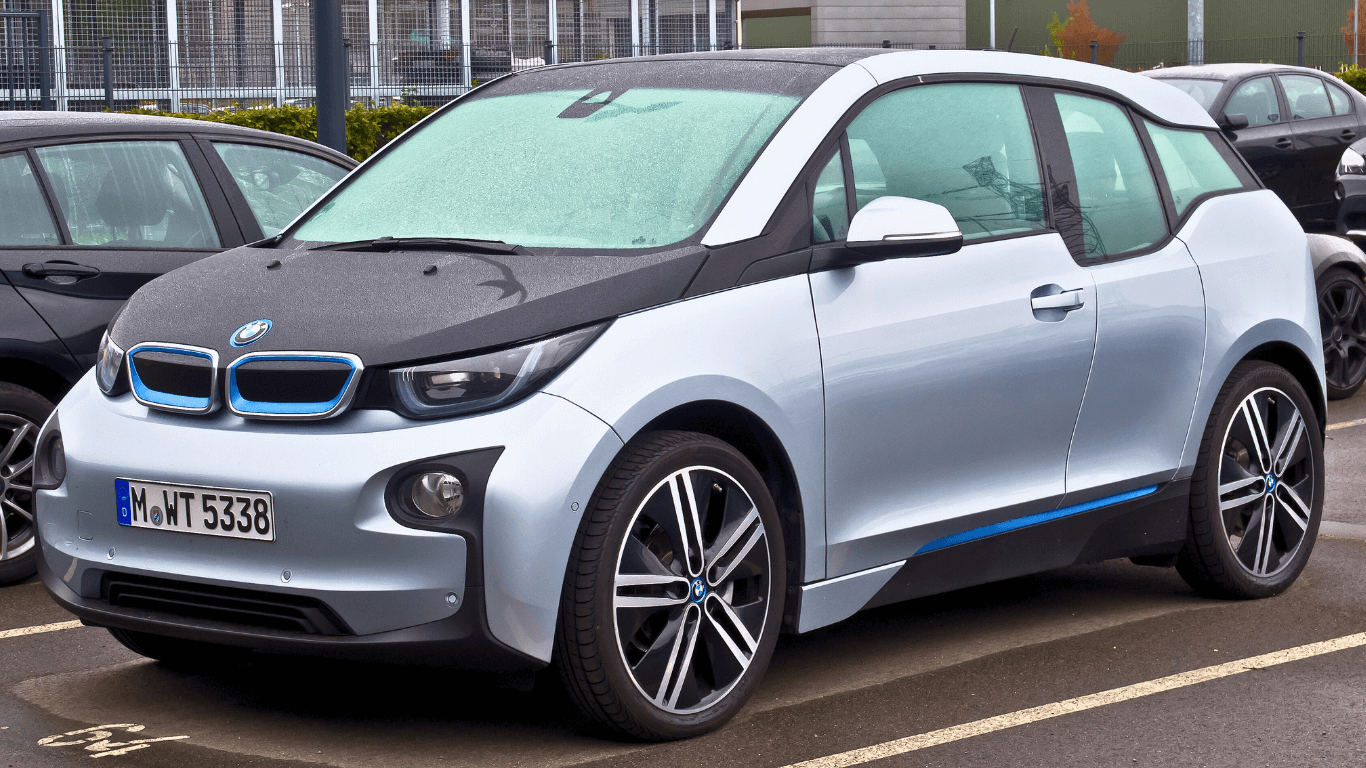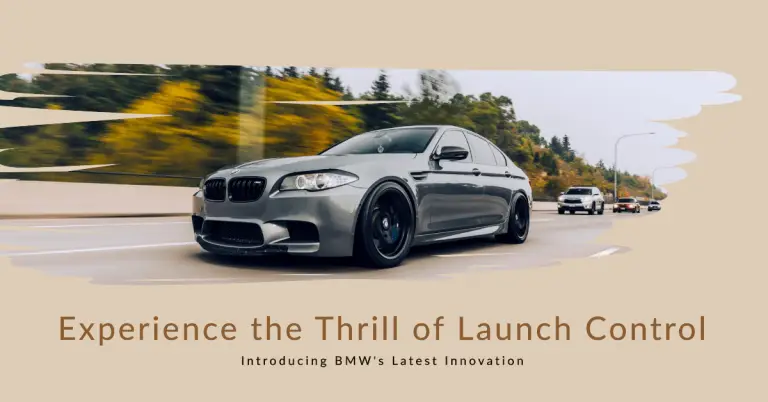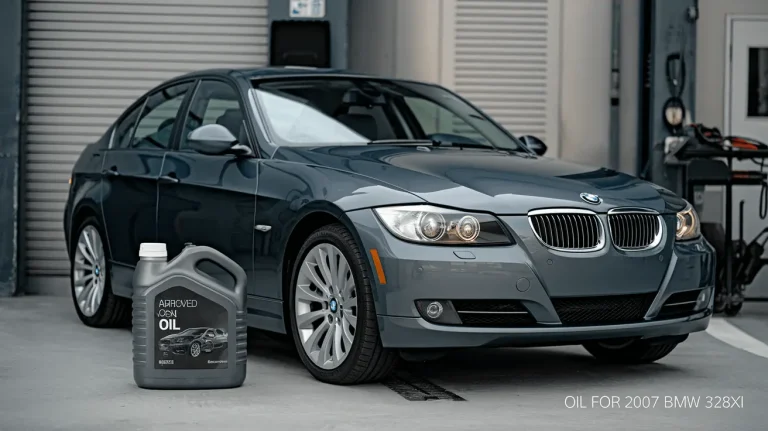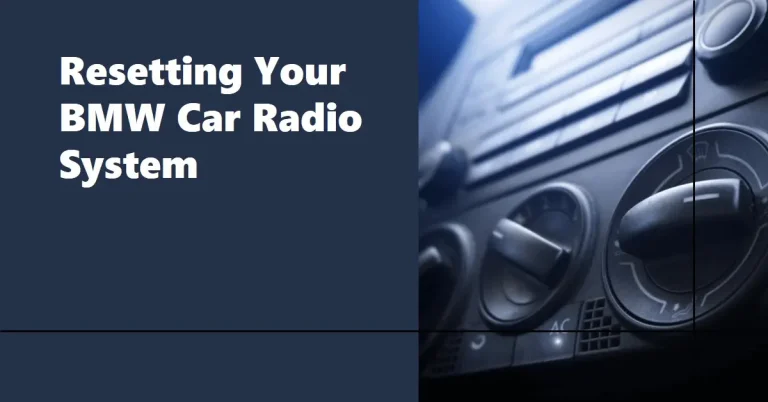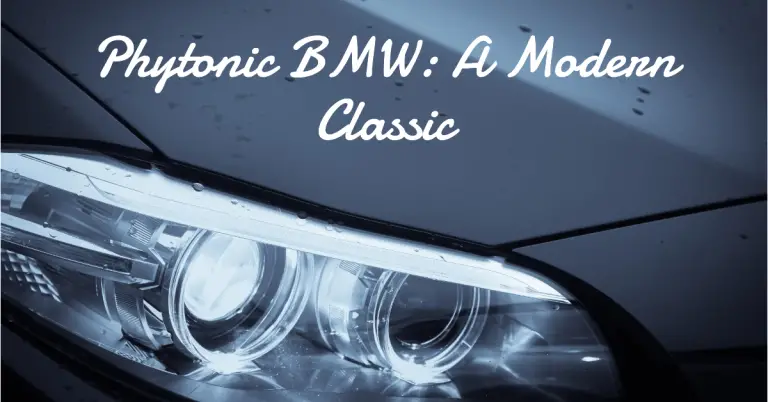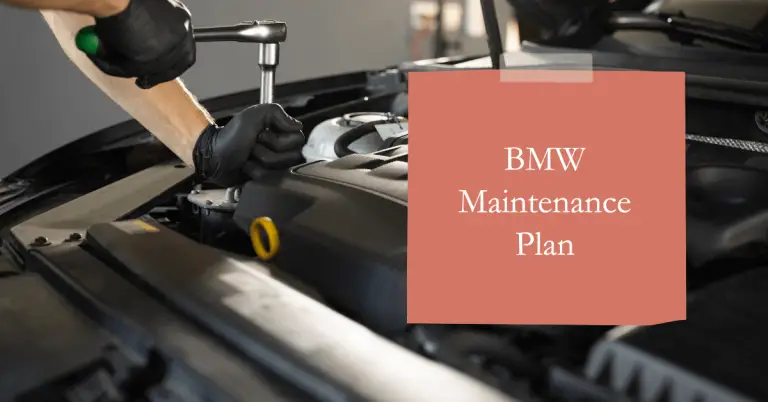BMW i3 Reliability: A Comprehensive Review of its Performance and Maintenance
The BMW i3 turned heads when it first debuted in 2013 with its futuristic styling and innovative carbon fiber construction. As BMW’s first mass-produced all-electric vehicle, it promised emission-free driving paired with the excellent performance expected from the Ultimate Driving Machine. Yet despite the excitement over this EV pioneer, a big question remains: Is the BMW i3 reliable for daily use and long term ownership?
We’ll dig into the BMW i3’s reliability based on actual owner experiences, look at common problems reported, battery degradation issues, and help you determine if buying a used BMW i3 is a wise choice.
BMW i3 Overview – Key Specs and Details
Before diving into the nitty gritty on reliability, let’s quickly recap key details on the BMW i3:
- First model year: 2014
- Seating capacity: Up to 4 passengers
- EPA range: Up to 153 miles
- Drive train: Rear-wheel drive
- Battery capacity: 33 – 42 kWh
- Charging time: 3 hours Level 2, 75 minutes DC fast charging
- Acceleration: 0 to 60 mph in 6.8 seconds
- MSRP new: $44,450 – $51,500
The BMW i3 has an aluminum Drive Module combined with a Life Module passenger cabin made of carbon fiber-reinforced plastic. This lightweight construction helps contribute to quick acceleration and agile handling.
At launch, BMW offered the i3 with an optional range-extending gas engine. This REx model uses a 647 cc 2-cylinder gas motor to charge the battery once it drops below a certain level. All electric range is lower on REx variants.
Styling of the i3 is modern and futuristic, with coach doors, sweeping lines, and an emphasis on recycled and eco-friendly materials in the cabin. BMW offers the i3 in both battery electric and plug-in hybrid versions.
Now that we’re caught up on what the BMW i3 is all about, let’s examine how dependable this innovative EV is for daily driving.
Owner Reported Reliability Issues
Though reviews of the BMW i3’s driving dynamics are generally positive, owner experiences related to reliability have been mixed. Here are some of the most common reliability complaints reported by BMW i3 owners on forums, consumer sites, and reviews:
- Battery degradation is a top concern, with some owners seeing as much as 30% loss in range after only 3 years. Cold weather and fast charging appear to impact degradation.
- Electronics glitches like infotainment system crashes and false error messages are another headache. Some report issues with the onboard charger as well.
- Parts availability has been a challenge in the past, with month+ waits for some replacement parts. The limited BMW i3 sales network exacerbates issues.
Overall build quality is good per most reviews, though a handful caution that interior materials seem cheap for a BMW. The i3 also suffers from a harsh ride and limited cargo space due to the small battery.
Next let’s look at the specific problem areas experienced by BMW i3 owners in more detail.
Common BMW i3 Problems
Here are some of the most reported issues with the BMW i3 electric vehicle:
Battery and Charging Problems
The most critical component of any EV is the battery, so it’s no surprise issues here generate the most complaints:
- Premature battery degradation resulting in loss of range, as mentioned above, is a widespread grievance. Some BMW i3 batteries have lost up to 30-35% capacity in as little as 3 years.
- Battery failure is another problem reported on forums. Complete battery failure generally happens after the 5 year/60,000 mile warranty, leaving owners on the hook for $16,000+ replacement costs.
- Onboard charger failures have impacted a number of owners, sometimes leaving their i3 unusable until an expensive charger replacement.
- DC fast charging is said to accelerate battery degradation vs Level 2 charging. As such, some BMW i3 owners intentionally avoid DC fast charging.
- Cold weather also degrades range substantially, with some owners seeing as much as a 50% drop in winter.
Addressing range anxiety concerns, BMW i3 batteries are covered for defects by an 8 year/100,000 mile warranty. But gradual capacity loss is not covered, so degradation issues can be costly.
Electric Motor and Drive Train Problems
Aside from battery problems, the i3 powertrain also has its share of concerns:
- Motor failures resulting in total drivetrain shutdown have happened, though not frequently. Repairs often require swapping the entire Drive Module.
- Gearbox issues like grinding noises are occasionally mentioned by owners. Problems seem to arise after 30,000 miles.
- Rear motor mount cracks have occurred, causing vibration and loss of performance.
Again, these types of electric motor and transmission problems are not widespread but come up enough to note.
Premature Tire Wear
The BMW i3’s skinny tires sacrifice comfort for efficiency. But many owners report the tires wearing out extremely quickly, sometimes under 10,000 miles.
Replacing the i3’s unique 155/70R19 tires is expensive, costing over $300 per tire. Many opt to buy used tires or wider tires to alleviate rapid wear.
Peeling Vinyl Wrap
On earlier model year BMW i3’s, the vinyl body wrap on exterior panels is prone to bubbling and peeling. Replacing the wrap is cosmetic but runs $3,000 or more.
Luckily BMW improved the wrap on 2016+ models. But for earlier i3’s, peeling vinyl is an eyesore.
Other Owner Complaints
Additional issues mentioned occasionally by BMW i3 owners include:
- Noisy AC compressors
- Faulty sunroof switches
- Key fob programming problems
- Poor cabin heating in cold weather
- Creaking from the suspension
None of these other problems appear widespread. But they contribute to a lower perception of reliability for the i3.
Now let’s move on to examining the i3’s battery life and degradation.
Battery Life and Degradation
Battery capacity and driving range is a major concern for any EV owner. Here’s a look at how the BMW i3 battery holds up over time:
- Average annual range loss for the i3 is reported to be around 2-4% by most estimates. However, some owners have reported much higher degradation of 10% annually.
- Years 1 – 3 seem to be when the most significant capacity drops happen. Range loss tends to level off some after the initial drop.
- Fast charging accelerates degradation, with DC fast charging impacting range life more than Level 2 charging. BMW recommends limiting DC fast charges to 5-10 times per month when possible.
- Climate also impacts degradation, with BMW i3’s in cold northern regions seeing faster capacity drops. Using battery conditioning features helps improve cold weather range.
- Battery replacement cost is unfortunately quite high, generally between $16,000 – $18,000 including labor. Replacement batteries often have minor improvements but the same range.
- Refurbished BMW i3 batteries are sometimes available at around a 40% discount. Third parties also offer refurbished batteries with warranties.
Keeping the i3 battery pack healthy requires minimizing DC fast charging and avoiding deep discharge cycles. Even still, higher than average degradation should be expected with the i3.
Is Buying a Used BMW i3 Worth It?
Given the known issues and high battery replacement costs, should you still consider a used BMW i3? Here are some things to factor in:
- Maintenance and repairs on the i3 average around $700 annually for electric drive components according to surveys. And that jumps to $1,100 annually for range extender models. Costs generally increase with mileage.
- Ask about battery capacity and have it tested. Degradation may not be apparent otherwise. Expect 70-80% original range on a 60,000 mile 3-4 year old i3.
- Review service history to check for major repairs. Look for recent battery software updates as well.
- Consider an extended warranty to help cover expensive batteries and electric drive failures after the factory warranty expires. These cost $2,000 – $4,000.
- Calculate total cost of ownership (TCO) including purchase price, tax credits, estimated maintenance, repairs, charging costs, and insurance to determine the best i3 value.
- Avoid early model year i3s since issues like wrap peeling and parts shortages were more common. 2016 and newer is recommended.
For the right price, buying a used BMW i3 can make sense. But tread cautiously on older or high mileage models.
Verdict: Is the BMW i3 Reliable for Daily Driving?
The BMW i3 offers futuristic styling and enjoyable performance, but long term reliability remains questionable.
Frequent battery degradation issues mean owning an i3 out of warranty is risky. And problems with electronics, charging, and electric drive components further hurt reliability.
While it’s important to consider repair costs, even more concerning is being left stranded when critical EV components fail. Based on owner experiences, the BMW i3 falls short of average EV reliability.
That said, buying a newer Certified Pre-Owned i3 with the balance of the 8 year battery warranty can alleviate some concerns. Just be diligent during any used i3 purchase by having a mechanic inspect battery health and the overall maintenance history.
For those set on a used i3, extended warranty coverage is also highly recommended given the repair costs. Otherwise budget for potentially expensive battery or drivetrain repairs down the road.
New BMW i3 leases are another way to enjoy this EV while under warranty protection, sidestepping long term reliability anxieties.
In summary, the aging BMW i3 has proven less dependable than the average EV. Limiting fast charging, avoiding extreme climates, and meticulous maintenance will help maximize reliability. But being prepared for costly repairs is key to longevity with the BMW i3.

